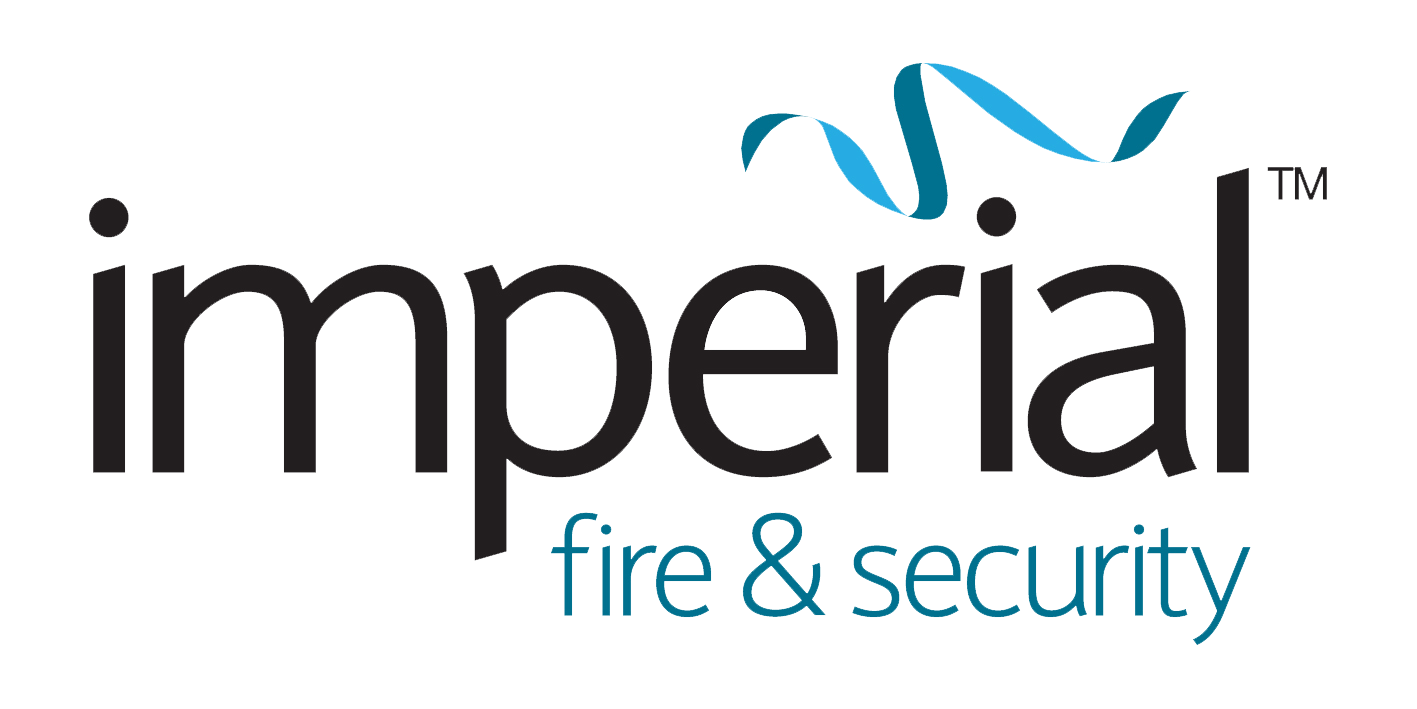Access control system technology is evolving all the time, so it pays to keep up to date with current developments. It can seem a bit daunting, but the right system will save you time and money in the long run. Whether small or large, business facilities need up to date and well-maintained access control for optimum safety and security in these uncertain times.
A modern access control system will allow you to protect your business’s assets, track employee log-in times and attendance, prevent unlawful entry, and restrict and monitor employee access to areas of the building with valuable stock, equipment, or sensitive data. In many industries, data security is also a legal requirement.
So how do you go about choosing a system that will suit your business size and budget?
The main starting point is an assessment of your needs. You can either do this yourself, or contact a professional security company who will carry out a survey of the facility, and tailor a system to specifically to suit.
The first step is to count up how many portals require monitoring, both inside and outside the premises, inclusive of doors, gates, fences and turnstiles. If there is existing protection in the form of electronic locks, they may be able to be integrated with the new system. Older mechanical style locks will need upgrading or replacing however.
Next, consider the level of security required. For a small office with few employees handling non-sensitive data, a standalone system such as a numeric keypad may be sufficient, and is also an inexpensive solution.
A larger workplace, or a business handling high-value goods or sensitive data will require a more sophisticated approach, such as a networked access control system. This allows each piece of the network to be connected and controlled via a central computer system. You will be able to track individual users to each portal, entry and exit times, and what times were busiest.
Users will need a means to access a networked system, so consider whether this should be physical, digital, or biometric. Access cards may be a simple solution, and can also double up as ID cards or badges. However, they are also vulnerable to being lost, stolen, or misused. A smartphone app or smartwatch provides a more robust and hygienic solution.
For high-level security, a biometric option may be best. This processes the unique physical characteristics of the users, such as fingerprint scans, retina scanners, or hand vein scanners. It can be either the main means of access, or implemented as a backup when a card or fob is lost or damaged.
An access control system can also provide more than security; many can now be integrated with your lighting, heating, and air-conditioning systems so that they shut down or regulate automatically when no one is in the building. This will help reduce your energy costs.
If you think that your business would benefit from the installation or upgrade of an access control system in Bristol or the surrounding area, get in touch with the team today.

